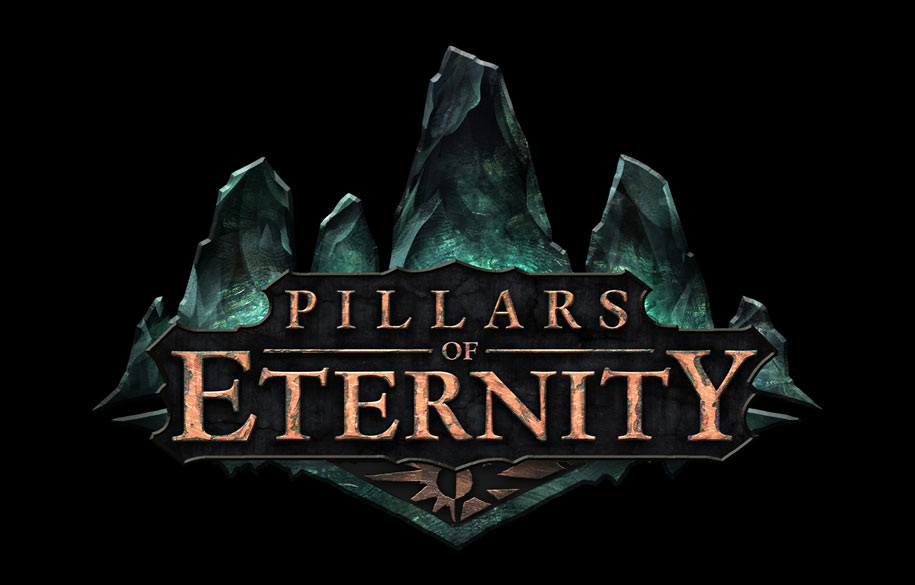We have been fucked by the federation and syndication of our content.
I miss comment threads, and I miss blogging. The age of transitory content, of content discovery, has happened, and it turns out that the winners are the content aggregators, and the losers are the content producers. Web 2.0, where the users take back the web, won, and the price of our winning was our names. Hurrah.
A step back.
Ten years ago, at the high-point of this site, there were debates in the comment threads. Now, when I post something it goes here, where some spambots will comment on it, it goes to Facebook, where some people might like or comment it, it goes to Tumblr where someone might reblog it, and it goes to twitter where someone might retweet it. All these interactions flow away from the blog.
Last week, I posted a stupid damn pun to Tumblr. It’s running at 49,000 “notes”, which is an accumulation of reposts and “like”s, which dwarfs my previous high point for interactions by more than quadruple (another stupid pun, last year). This is all very nice, and affirming, and such, but the net gain for my “personal brand”, for the tumbleblog itself, or any of my other things is close to zero. Out of those 40k, I’ve gained forty followers, most of which appear to be lurkers or spambots, and hardly any of which have reblogged or liked the post in question. Empty numbers, nearly fifty thousand people who pushed “reblog” on a thing they like, with no thought as to who posted it. (Tumblr communicates in tags, a lot of the time, and the number of tags of “I’m stealing this” “Where do these come from?” etc. indicates a lack of interest in authorship that I find less surprising than distressing). At one point someone removed the “via (my blog)” auto generated citation, and now that’s blown up too. The high point was when a screenshot of the original post, stripped of all attribution, started doing the local rounds of Facebook.
I also run a series of readings of The Secret World’s lore, which go up on Soundcloud. The first got featured on the front page of the game’s forums, and was briefly on the website, and in the twitter feed, and on the facebook page… It got me a couple of thousand listens, and a few dozen bits of feedback. Subsequent episodes get more positive feedback from fewer and fewer people, until eventually a dedicated request for feedback and suggestions – something I hate doing – for the last episode resulted in a single response. I’m not going to be doing much more of that, I think.
It’s nothing new, really. Content runs on feedback, a lot of the time, and the more there is out there to consume the less feedback you’ll be getting. I had the same problems posting sequential stories to usenet, the short-lived Sund.ac.uk scifi soc anthology. Familiarity breeds acceptance, and response dwindles.
Facebook’s made it worse, though. The last regular content-drop thing I run is Idle Speculation, a satire of UK Fest Larp and community on Facebook. I’ve run experiments on regular posting, and timed posting, posting often, posting rarely. There’s no way to communicate with the people who have opted-in to Like your page reliably. I posted a new thing to IS today, and it’s done fairly well, but Facebook are offering to sell me the ability to “boost” my post, which will – by their own graphs – mean that another 50% of the people who have already expressed an interest in the page might see it. This is broken. I’m having to work to models designed for PepsiCo not to spam hundreds of thousands of people who clicked “Like”, instead of the barely 300 who would volentarily read Idle Speculation.
At least when I was posting to Livejournal people would see it within a day or two, when they next caught up. Facebook’s priority algorithms mean that the chances of everybody seeing my update, unless it involves whatever keywords are on fire today, are unpredictable.
Nothing I do has large community outreach. The maximum for the UK larp stuff is a few thousand, the outer reaches of TSW fandom (as opposed to merely players) is similar, and the most people I ever want to reach with a personal facebook article is 445. Even here, where the top regular readership never really hit over 200, I can’t reliably see anymore. Feedburner says 80 people subscribe, and click-throughs to my recent articles haven’t exceeded 5.
We’ve levelled the playing field, small content providers now get to fight with the same rules as PepsiCo, McDonalds and Nike, fight for the same places on the same incoming information feeds. All its cost us is our audience.
Apparently the best way to pick up an audience would be to get featured on Buzzfeed or something, but that doesn’t seem likely, and seems to result in a lot of people seeing your content, and nobody ever getting as far as the tiny credit link at the bottom.






Thank you for articulating so clearly what I’ve been distressed about for the past few years (probably without even being fully aware of it).
I wouldn’t say I’m a particularly prolific producer of content—it’s not my day job, though since the mid-90s I have spent, on average, a few hours a week producing material destined for various sites and blogs I maintain. Back in the days of Web 1.0, before comment boxes had even been invented, the only way readers could contact me was by e-mail, and they sent me a steady stream of it. This rather abruptly tapered off in 2012. Before then I was averaging two or three e-mails each week, whereas in all of last year I got only five. Even those sites which I’d “upgraded” to include interactive functionality such as comment boxes weren’t attracting any correspondence.
Almost the only places online I’ve seen people talking about my material lately has been Facebook, Twitter, and Reddit. (And with Facebook it’s usually only my own circle of friends reacting to my own posts—I suppose there may be other conversations among people I don’t know, though these aren’t discoverable and viewable to me due to the site’s privacy settings.) Almost all discussion and feedback has become ephemeral, and that minority that isn’t isn’t taking place in venues where I, the author, am aware of it. I discover these conversations only weeks or months later by examining my web server’s referral log, or by vanity Googling. By then, of course, it’s too late for me to participate; the conversation is over and nobody is interested in reviving it.
This is, in many ways, a worse situation than we had with pre-Web print media—there at least readers would communicate directly with the authors via letters to the editor, and while the discussion was slow, terse, and restrictively moderated, at least it was pushed to all subscribers. Nowadays with Facebook, as you point out, neither the publisher nor the reader can be sure the latter are receiving all the new content and discussions they specifically signed up for. It’s like subscribing to a print magazine which promises twelve issues per year, where despite the publisher faithfully mailing the full magazine every month, you end up receiving only seven of them, and the remaining five are missing random pages.
Ironically, I am now going to post links to this article on Facebook and Twitter, because I really don’t know what else I can do. (Maybe try to educate more people about the merits of running one’s own personal aggregator via RSS?)
I wholeheartedly agree with your complaints about the web, however this not being my area of expertise I cannot offer any advice. I only discovered your blog this year, but I have peeked back through at a few past posts and enjoyed enough that Aquarionics opens when I open Chrome (one of eleven, which isn’t bad considering how closely I guard my time). Which leads to point B, I generally don’t comment on anything unless I have something really important to say. I try not to have an account on a website unless it is vital to my communications with certain people or important to me on a personal level. I visit Kotaku, RockPaperShotgun and Io9 4 or 5 times a week and I don’t have an account on either of their platforms. I also don’t have an account on Soundcloud (though I may have to fix that in short order), which is why I haven’t commented there as of yet. I think you have a good voice for narration and based on the TSW content I’d guess a great editor too (sound engineer? I am not on my game today with terminology.)
I bloody love that content, especially the TSW stuff. As a writer myself I really get caught up in the lore of things and for it’s flaws TSW does lore as well as any game I have ever played. I’d read novels written in that universe given half a chance. If I could make a request I’d ask you to focus on The Filth, The Black Signal lore entries. If you wish to read any you don’t have access to, the majority of them are listen on the TSW wiki (I believe it is called CryGaia).
I apologise if this comment is rambling or poorly written, it’s been a long week so I may be induling in a couple of pints with lunch. If you take nothing else away from my comment, take this:- Keep doing things.
P.S. I have perhaps left you a tweet or three in the past on the handle @HellbornHero (a vestige of being a 15 year old with an xbox needing a gamer tag, that nostalgia hasn’t allowed me to ditch just yet).
May peace, love and pear cider find it’s way into your day.
DJK.
I have noticed tweets, but have so far failed to reply, sorry. Thanks for your support. I don’t have a sound engineer. Well, I suspect I am the sound engineer, but mostly I have Garageband, a decent microphone and an idea of what I want it to sound like, though often will fall short. Pear cider, or something similar, does sound like a fine idea…
It is a Saturday night, as good a time as any to reward yourself for a job well done.
FWIW, I really like both IS and your TSW stuff.